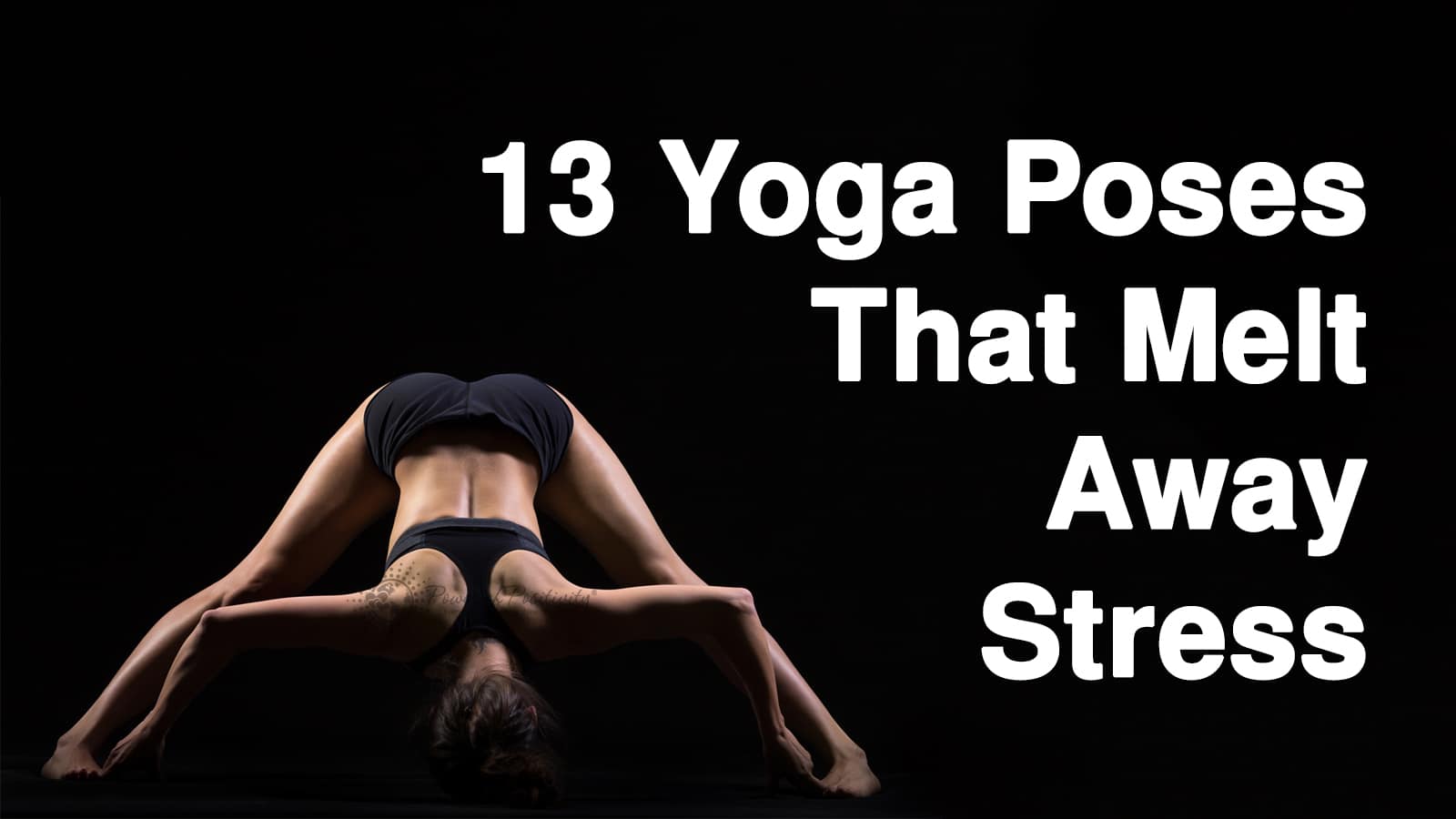Depression is an illness that knows no age limits, social status, or gender boundaries. It affects every demographic across the globe. As of 2016, it affected roughly 268 million people worldwide. Although it is more extensive in women, it is quite common in men as well. Even children are at risk with 2.1% of those age 3-17 diagnosed in the last year in the United States alone.
Those who deal with depression face hard choices when it comes to treatment. The problem with many anti-depressant drugs is the side effects which can include depression and suicide along with other physiological issues. In addition, anti-depressants have only been shown to be effective in 40%-60% of patients. For the ever-growing group of sufferers who are opting for lifestyle changes over pharmaceutical medications, yoga may prove to be part of the solution. Practiced for thousands of years, yoga combines exercise with meditation to help quiet the mind and relax the body.
“Yoga allows you to rediscover a sense of wholeness in your life, where you do not feel like you are constantly trying to fit broken pieces together.”
B.K.S. Iyengar
Why Yoga Works
Due to yoga’s comprehensive approach to health, it tackles several issues that can lead or contribute to depression. Yoga means “union”. It is a holistic viewpoint which states that the mind, body, and spirit are all interconnected and that each component must be in good health to achieve the health of the whole. The condition can be caused by chemical imbalances in the brain and/or nervous system, by inactivity or illness in the body, by feelings of worthlessness or powerlessness, or any combination of the three.
Yoga for the Mind
Happiness is not always about life circumstances. It is often a matter of brain chemistry. When the brain is deficient of certain hormones and neurotransmitters it can result in feelings of despondency and anxiety. Yoga can help to regulate these chemicals and improve the mood.
• Serotonin-
Yoga, like other forms of exercise, is known for its ability to increase serotonin levels in the brain. Serotonin is responsible for regulating appetite and digestion as well as mood support and healing of the body.
• Dopamine-
Dopamine is a neurotransmitter responsible for pleasure and reward. When these levels are low, it can lead to sadness and addictive behaviors. The breathing techniques used in yoga practices have been shown to increase these along with other “happy” brain chemicals.
• GABA Levels-
GABA is a neurotransmitter that blocks nerve impulses. When levels are low, it can cause pain and depression. Yoga raises these levels, leaving the practitioner feeling calm and serene.
Yoga for the Body
Exercise is the most widely accepted natural treatment for depression. Increasing circulation, lowering inflammation, and releasing endorphins are all benefits that contribute to better health and better mood. Yoga takes this one step further by incorporating stretching and relaxation to release tension in the muscles which can aggravate the condition.
Yoga for the Spirit
Yogic teachings encourage the individual to recognize their connection to the world around them. Incorporating kindness and generosity toward others as well as gratitude in one’s own life is key to achieving happiness and a sense of purpose in life. Yoga also expresses a sense of oneness that gives the practitioner a feeling of connectedness and belonging that can put daily stresses into perspective.
How to Do Yoga to Treat Depression
When first beginning a yoga routine, it is always a good idea to attend a class for a while or learn from an experienced teacher. Even though yoga is a very gentle form of exercise, it is possible to seriously injure yourself if the poses are not executed properly. Once familiar with the correct postures, movements, and breath, you may begin an individual practice at home if you wish. Here are some helpful hints to avoid injury and get the most from your practice.
Yoga can help those who deal with depression on three levels: mind, body, and spirit. Here are some poses that can nurture all three and help build a stronger, happier you.
For those who deal with depression, yoga can be a powerful tool. It can help regulate body chemistry which can result in higher levels of serotonin, dopamine, GABA, and more. Oftentimes, imbalance of these chemicals in the body can be the source of sadness and despair. Yoga serves to keep the body strong, flexible, and relaxed. A relaxed body equals a relaxed mind. Finally, yogic teachings incorporate kindness, gratitude, and singularity, giving the practitioner a sense of purpose and belonging.
https://www.youtube.com/watch?v=lFdcCXmGpy4














 Community
Community

